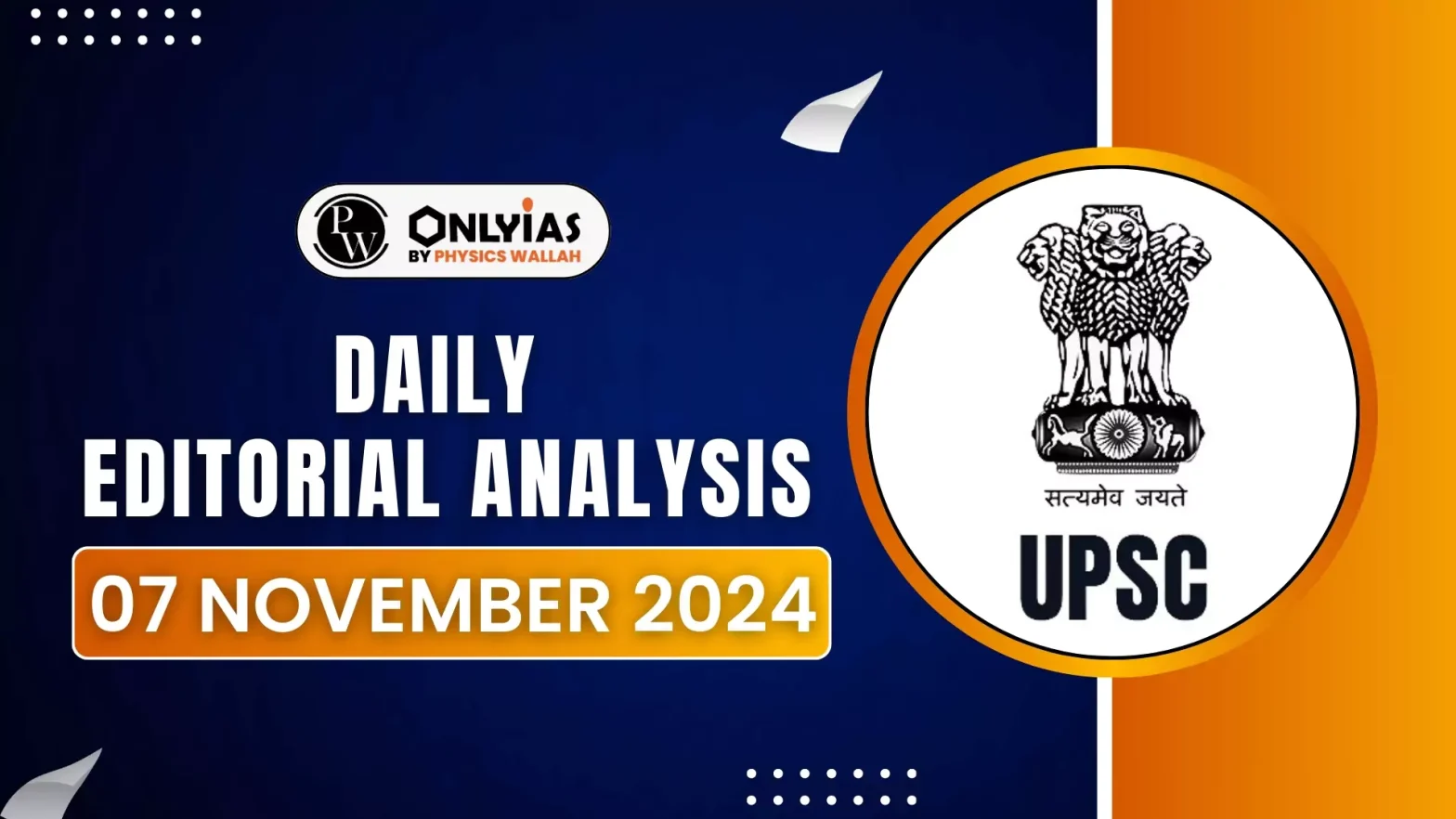Donald Trump’s West Asia policy in his first term was characterised by strong support for Israel. In his second term, Trump is expected to maintain this pro-Israel stance while seeking to avoid deeper U.S. military involvement in regional conflicts.
Trump’s Record in West Asia
Donald Trump’s first term defined his approach to West Asia with a strong pro-Israel stance and strategic initiatives aimed at reshaping the region.
- U.S. Embassy Relocation: Trump moved the U.S. embassy to Jerusalem, solidifying Israel’s claim over the city.
- Recognition of Golan Heights: Trump recognized Israel’s annexation of Syria’s Golan Heights, reinforcing U.S. support for Israel’s territorial claims.
- Withdrawal from Iran Nuclear Deal: Trump pulled the U.S. out of the Iran nuclear deal, despite Iran’s compliance, leading to heightened tensions in the region.
- Abraham Accords: Trump facilitated the normalisation of relations between Israel and several Arab countries, focusing on countering Iran.
- 2020 Peace Plan: Trump unveiled a peace plan for Israel and Palestine, which was rejected by Palestinian leadership for being biased towards Israel.
Trump’s Approach to the Expansion of War in West Asia
While Trump’s policies leaned heavily in favour of Israel, he also wanted to avoid the escalation of war in West Asia.
- Economic Considerations: A broader war in the region could disrupt key shipping routes, especially through the Persian Gulf, impacting global oil supplies and causing inflation, contradicting Trump’s promises of economic improvement and lower living costs.
- Avoiding Regional Entanglements: Trump would likely want to prevent the U.S. from being drawn into another conflict in West Asia, learning from the mistakes of the Iraq War.
Enroll now for UPSC Online Classes
Biden vs. Trump on Israel’s War in Gaza
Trump’s and Biden’s approaches differ significantly when it comes to Israel’s actions, especially in Gaza.
- Biden’s Moral Dilemma: During the Gaza conflict, Biden faced criticism for backing Israel despite accusations of genocide from human rights groups.
- His failure to condemn Israel’s actions, while continuing military aid, led to a diplomatic rift with Palestinians and global actors who saw the U.S. as complicit in human rights violations.
- Trump’s Pragmatic Approach:
- Trump is unlikely to be pressured by moral concerns. His stance would likely remain pro-Israel, as seen in his first term.
- Trump would focus on supporting Israel’s actions while aiming to avoid a larger regional war that could involve the U.S. directly.
Conclusion
Donald Trump’s re-election presents an opportunity to recalibrate U.S. policy in West Asia, moving away from the conflict-driven legacy of Biden. Trump’s approach to Israel will continue, but he must carefully balance his pro-Israel stance with the need for regional stability.
![]() 7 Nov 2024
7 Nov 2024

